The EC’s main job is to conduct elections, not suspend them
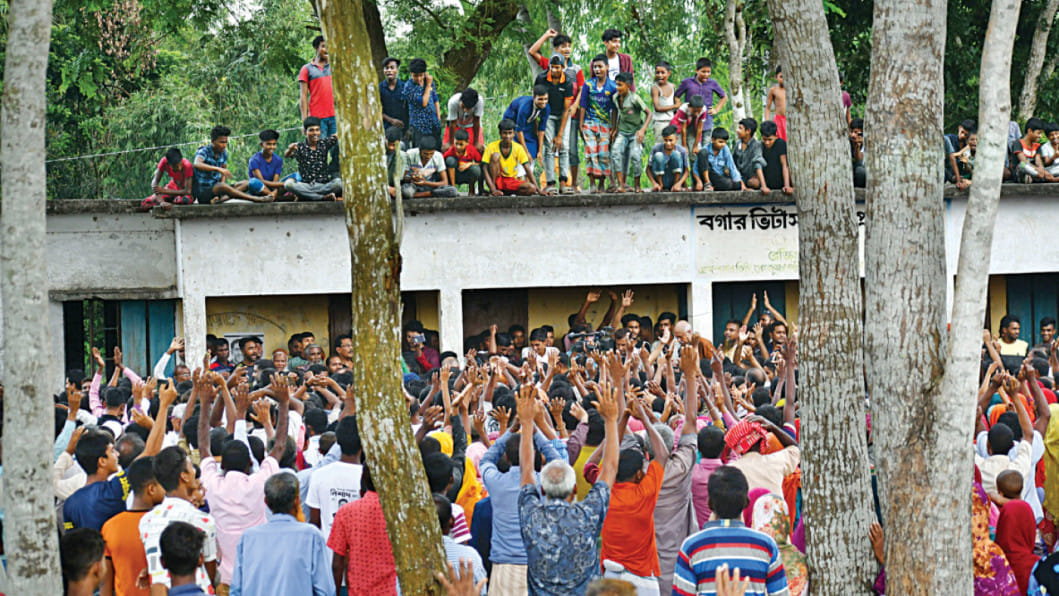
For its latest feat, our Election Commission (EC) deserves to be commended on a number of counts. First, for perhaps the first time in Bangladesh's history, the EC stepped up and halted the by-election to Gaibandha-5 constituency amid widespread irregularities. Second, the commission seems to have finally realised its constitutional obligation of ensuring free and fair elections. Finally, it has also exercised its power – power to suspend an ongoing election, to dismiss the results of an election, and to decide that a re-election is required.
The EC has provided its justification for why the Gaibandha-5 by-poll was suspended, while the ruling party claims that the EC is biased and that the election was conducted in a free and fair manner.
The EC has, in the past, always been indifferent to accusations of electoral irregularities and has always declared elections to have been conducted fairly. However, this time around, the commission has been curiously diligent about ensuring that all polling stations are monitored via CCTV cameras. Whether there are any connections between the EC's determination to prove it is going to ensure corruption-free elections and the ruling party's vehemence in proving the EC is partial against them remains to be seen.
However, conversations over the last few days have given way to some crucial questions. Why is the EC so hell-bent on trying to convince us that election irregularities only occur due to law enforcers not fulfilling their duty, while also trying to establish the "legitimacy" of electronic voting machines (EVMs)? Why are CCTV cameras being posed as the only solution to ensuring free and fair elections?
One of the main reasons for a lack of public trust towards the EC is how adamant the commission has been about using EVMs in elections. It was in late August that the EC declared its decision to use EVMs in up to 150 parliamentary seats in the next general election. And this was done despite major opposition political parties' clear expression of distrust towards the voting machines. It has been widely discussed by opposition party politicians, political experts, and members of the public how fickle a machine an EVM is and how it can easily be manipulated by the EC itself and by those whom the commission has recruited to oversee polling stations. But the EC has paid no heed to these concerns. It has, in turn, only said that EVMs cannot be manipulated by any "outside" entities. But the concern that EVMs could be manipulated by presiding officers (PO), besides the fact that the machines are also prone to not recognising the biometric fingerprints of voters, have consistently been dismissed by the EC. Who is to say that the PO who can unlock an EVM using their fingerprint cannot also manipulate the votes? Moreover, there is no Voter Verified Paper Audit Trail (VVPAT) when it comes to EVMs. And even if the voting is done digitally, the votes across polling stations and centres will still be accumulated manually.
Instead of constructively addressing each of these concerns, the EC has decided to create an "invisible," outside enemy when it is the commission itself whose role in the use of EVMs the people are worried about.
The events of the Gaibandha-5 by-poll carry some lessons for us all. This was only a by-poll, wherein a transfer of power is not much of an issue. But even here, a section of people belonging to the ruling party have tried to manipulate the results of the election, even going so far as entering voting booths. So what happens in a year or so, when the parliamentary election will be held, and there will be 300 constituencies across the country to keep safe from such influence and manipulation? Given that it would be the biggest-scale election the country would have, it is only realistic to expect attempts of tampering with its outcome. How will the EC prevent this from happening? Is it trying to imply that it can prevent irregularities by simply installing thousands of CCTV cameras across all the booths in the country? Will they be diligently monitoring all those thousands of voting booths at all times? Is this not highly unrealistic?
Bangladesh has so far had 11 general elections, four of which were conducted under an impartial caretaker government and were also largely acceptable to observers here and abroad. And the parties elected during those four elections were also ousted. The remaining seven elections were conducted under ruling parties, two of which were one-sided. Those two cannot really be considered elections at all. An election can never be without contest or competition. The rest of the five elections did not see the existing ruling party be ousted from power and were therefore wrapped in controversy.
The Gaibandha-5 by-poll is no outlier, as our own election history tells us that elections conducted under ruling parties can never be free and fair, and are always met with scrutiny.
In order to make the next general election an acceptable one, the EC must evolve beyond the use of CCTV cameras. It must be acknowledged that EVMs can be tampered with by those overseeing the polling centres themselves.
While it would be difficult for the Election Commission to fulfil its constitutional mandate of ensuring impartial elections, it must exercise its power to suspend elections mired in controversy due to corrupt law enforcers and administrative workers. Now is the time for the EC to emphasise for all parties, especially the ruling party, to help it to conduct free and fair elections. Whether the EC can duly punish the law enforcers, influentials, and other workers who caused irregularities during the Gaibandha-5 by-poll will serve as a crucial test for them.
Transcribed and translated by Afia Jahin.
Dr Badiul Alam Majumdar is secretary of SHUJAN: Citizens for Good Governance.
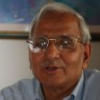
 For all latest news, follow The Daily Star's Google News channel.
For all latest news, follow The Daily Star's Google News channel. 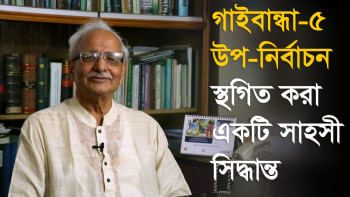
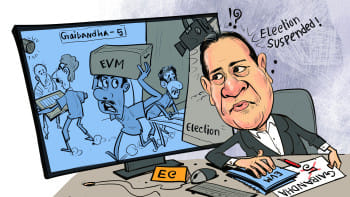







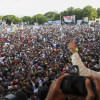


Comments